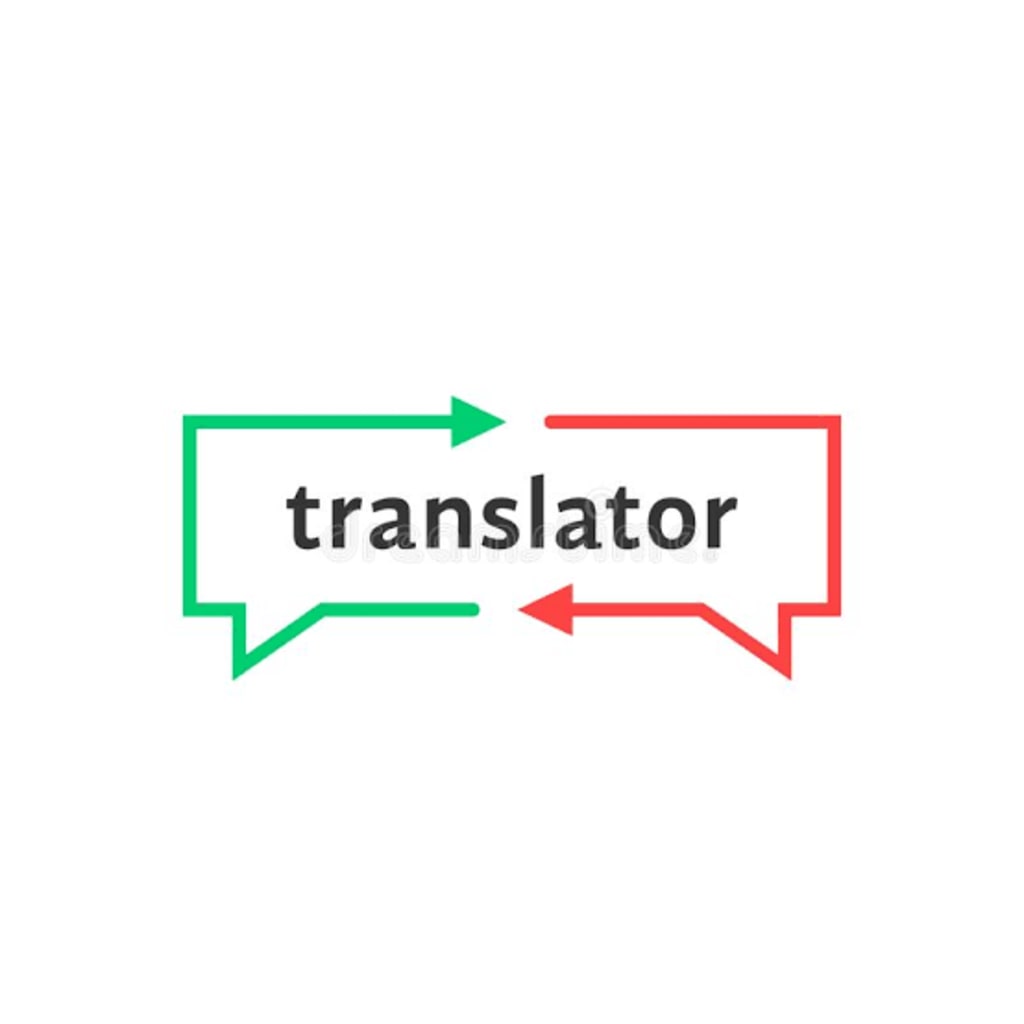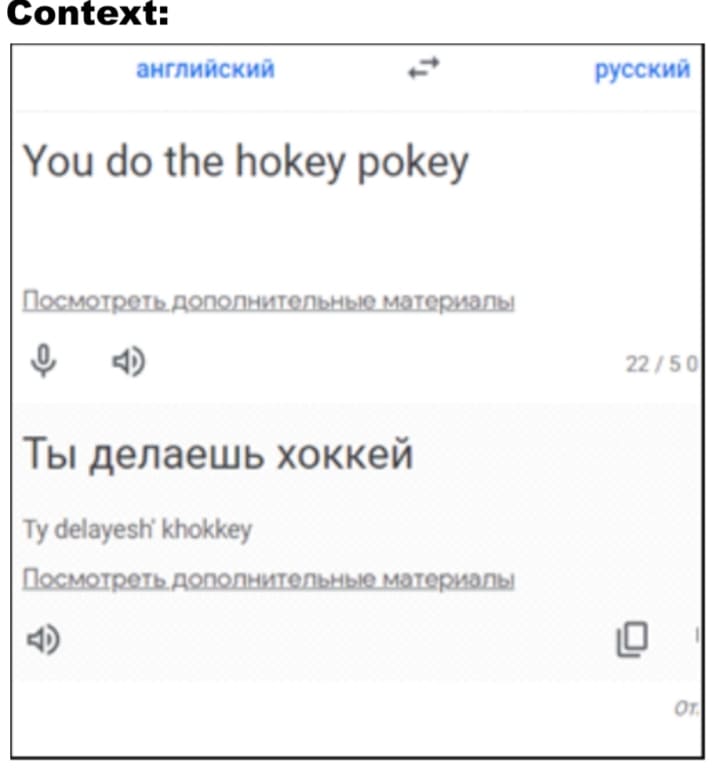Human vs Software: The Ultimate Battle for Translation & Transcription
Modern natural language processing models treat Russian language service as a complex pattern-matching task

Currently, language remains the main means of communication. It's generally conceded that there are thousands of distinct languages spoken across the globe at the moment. Due to the Internet expansion and the growth of international online communication translators ’services, are getting decreasing
With the full-scale war, Russia started in 2022, translating from English to Russian and vice versa is a pivotal service moment. still, the question arises should you save Pluto and conclude for automatic restatement or hire professionals? Let’s break down the pros and cons of both options.
Language Understanding
Modern natural language processing models treat Russian language service as a complex pattern-matching task. They learn statistical associations between words and phrases, which are extracted from an extensive volume of text data they've been trained on.
For people, language comprehension is complex. We understand the combination of words, their semantic properties, intonation patterns, and contextual connotations. And, in addition, we have an endless background and developed capacity when it comes to reading and responding to language. That’s a level of “understanding” that AI hasn’t reached yet.
Russian Language Translation
As a professional English-to-Russian translator, I tried several CAT (computer-assisted translation) tools, but none of them suited me. Some have even proposed such laughably silly outcomes that I had to literally LOL.

Social relationships:
The Russian language has different pronouns for formal and informal situations, which also affect verb and adjective forms depending on your relationship with the speaker. Google Translate has improved its accuracy with intimate phrases like “I love you” and “I want to kiss you” by returning the informal variants in Russian. However, for phrases that could be neutral and used in both formal and informal situations, such as “Can you pass the potatoes?”, Google Translate defaults to the formal variant since it cannot discern the context. Unlike an AI-powered assistant, a human interpreter would be able to make a more informed choice. For instance, a person could choose to say “Would you like some coffee?” or “How ’bout a cup of Joe?” depending on the desired level of informality, which is a nuance that only a human can fully grasp.
Intent:
Humans tend to break language rules purposefully, while computers can only follow programmed general rules of thumb. For instance, a person could use the informal pronoun instead of the formal one to insult someone or use the formal pronoun instead of the informal one for a humorous effect. These instances of humor, insults, puns, and wordplay pose a challenge for human interpreters, let alone computer translators. There have been situations where I had to explain a joke because it was untranslatable due to its reliance on specific word forms of a language.
English - Russian Translation Rates
When choosing between automated tools and professional services, the most important thing to consider is the price.
Machine translation is typically free or inexpensive, particularly with web services. Elsewhere, you will find premium offerings and platforms offering automation for specialized, high-quality, or confidential translation, charging per word. That top rate could be quite high—maybe even over $0.10 per word for niche or enterprise-level translations. As for transcribing spoken word to text and rendering it into another language, prices for automated transcription start at $0.05 per minute and rise for Premium/Enterprise subscriptions.
Professional translation, however, is paid and prices may vary depending on text complexity and deadlines, as well as the qualifications of a translator. But it’s crucial to know that the price of a professional translation is proportional to the quality. And make no mistake—bad translations can cost businesses dearly.
Sometimes professional services are not as expensive as you might suppose. For example, some specialized companies’ English-to-Russian translation rates per word start at only $0.06. And they charge as low as $8 per minute of the recording for professional English-to-Russian transcription services (check out Russian language services). That includes not only expert translation services by native Russian linguists with degrees but also proofreading by a professional editor.
Indeed, human translators can not and will never be fully replaced by machine translation tools. One must admit, hiring a professional is the best choice, even though we do make mistakes sometimes and we can not work continuously 24/7 like machines.





Comments
There are no comments for this story
Be the first to respond and start the conversation.